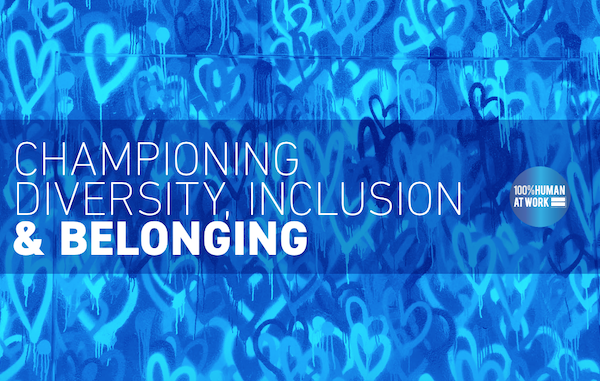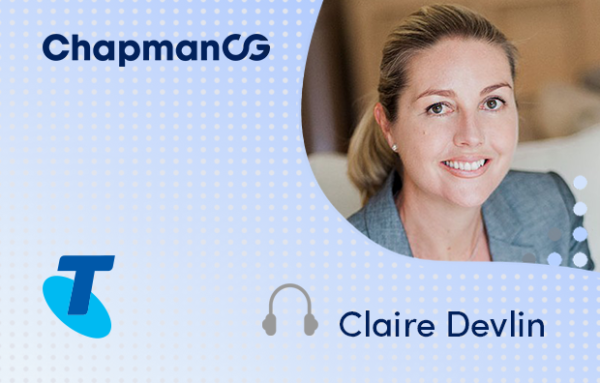In conjunction with Cisco and EY, ChapmanCG was delighted to host two HR Leaders Discussion Forums in Sydney on “The Future of HR”. There was great interest in this topic with HR leaders from Commonwealth Bank, Qantas, Telstra, AMP, Allianz, Goodman Fielder, Citi, QBE, JLL, Mars, Kimberly-Clark, Pepsico, Stockland, Toll, Optus, Strategy&, British American Tobacco and many other companies in attendance.
Simon Terry, Chairman of Change Agents Worldwide, led a thought-provoking conversation that explored our digital future, bringing a “Hustlers, Hipsters, Hackers” lens to HR, employee experience, collaboration and many other areas. The ensuing discussion was reflective with many of the HR leaders sharing their thoughts and experiences.
Where Are We Now?
The old way of doing HR is failing. The Ulrich Model with business partners, centres of excellence and HR services isn’t meeting the needs of the business or the employee. Is the intersection between the three functions of HR a conflict or collaboration?
To best deliver business outcomes in a digital economy, there is the need for a rebirth of a new human service, creating platforms for employee experience and strategic value that is people-centred, lean and agile, human and purposeful.
Introducing the “Hipsters, Hustlers and Hackers”
A Forbes article a few years ago asserted that to have a high performing and efficient team, you need a Hipster, a Hacker and a Hustler. When you bring these three together, it’s a tough combination to beat.
Hipsters — This is the designer, the creative genius who focuses on creating the coolest product or service.
Hustlers — Those who understand the business and can bring people together and create deals. They are constantly asking “Is this something our customers and partners want?”
Hackers — These are the people focused on delivering the outcome using technology.1.

Agile Organisational Design
Australians lead the way in number of activity-based workplaces. However, research shows the 50-meter rule: in large organisations, 90% of people’s communication happens within 50m of their desks. It is enterprise, social collaboration networks that cut across this.
To foster peak collaboration and innovation, Spotify has created an agile organisational model comprising:
Squads: Complete work team delivering for a Product Owner
Tribes: All the Squads required for a Functional Area
Chapters: Community of Practice for Related Skills
Guilds: Community of Interest. 2.
Employee Experience
Here is an excerpt from Airbnb’s thinking:
“You have a customer experience group. Why don’t we create an employee experience group?’”
Employee Experience = Customer Experience
“Essentially, we are everything, starting with the roof over the employees’ heads. [We’re] their whole journey from the time they get contacted or they contact us through their entire employee experience. Every aspect of creating the employee experience is focused on designing an extraordinary physical, emotional, intellectual, virtual, and aspirational experience for Airbnb employees”. 3.
Companies moving towards employee experience will segment and cluster employees in order to design people experience programs and processes. The drive for consistency can often hold us back. If we can think about our customers and become more modular and allowing greater variation on measurements and processes, this enables different business areas to receive a more bespoke HR service. Maintain scale where it makes sense. Cultivating culture is one of your best strategic weapons because your competitors can’t copy it.
Does “Human Resources” need to be rebranded to “People Experience”? But a rose by any other name is still a rose. Therefore, it’s not just about rebranding, but actually changing the function to add strategic value by just stepping into a different space.
Data Analytics
Many organisations are still struggling to come to grips with HR analytics. The best example of HR analytics is Google.
“While the rest of the world is waking up to analytics and the power of Big Data, Google has spent years methodically building one of the most refined performance-management engines in the corporate world. Similar to any of the company’s other departments, every People Operations project starts with a question to answer.” 4.
Transformation will involve building people experience platforms, learning what works, identifying change agents, and working out how to support and scale the leaders providing the best people experience. These are the questions at the heart of many HR Transformation experiences. Whether we recognise them as mission critical or allow ourselves to be distracted by the questions with easy answers and the ones for which we can provide quick-fixes, will, by and large, determine our degree of overall success.

What Skills Should HR Leaders Gain to Stay Relevant?
1. Leadership — Strong leadership with a consultative approach; influencing through transitions and maintain focus during change
2. Change Management — Agile change agent, strong execution innovation and experimentation — do small scale tests and learn. Sit at the intersection of the hipster/hipster//hacker model
3. Subject Matter Experts — Be a deep specialist in how we provide and manage platforms for enterprise social collaboration and manage a community around work.5.
High performing teams have a “psychological safety” that enables them to be their best rather than fear failure. Employees love (and have a need) to have a voice in what is happening.
Thanks to Simon Terry for his thought-provoking presentation. The Future of HR is bright, and Simon concludes: “There are clearly many HR leaders in Australia focused on the changing nature of work in a digital world and what it means for HR. As a relatively small innovative market we have an opportunity to lead the way.”
1. Forbes Article https://www.forbes.com/sites/andyellwood/2012/08/22/the-dream-team-hipster-hacker-and-hustler/#6123daa12c85
2. http://blog.crisp.se/2012/11/14/henrikkniberg/scaling-agile-at-spotify
3. http://www.hcamag.com/hr-news/why-did-airbnb-get-rid-of-its-hr-department-211675.aspx
4. How Google Uses Data to Build a Better Worker — The Atlantic
5. Simon Terry, Change Agents Worldwide, https://simonterry.com/
Key Contributors:

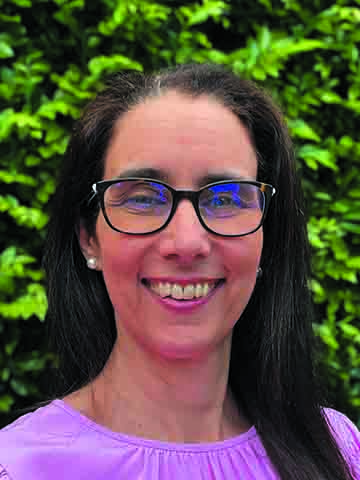
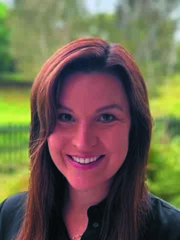 Kate Vuleta
Kate Vuleta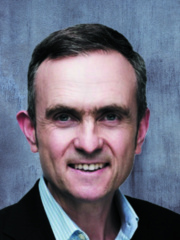 Paul Jury
Paul Jury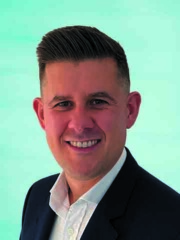 John MacLean
John MacLean Andrea Merrigan
Andrea Merrigan Orelia Chan
Orelia Chan Stanislav Medvedev
Stanislav Medvedev Fleur Daniell
Fleur Daniell Finian Toh
Finian Toh Tim Rayner
Tim Rayner Nicola Hasling
Nicola Hasling Stefanie Cross-Wilson
Stefanie Cross-Wilson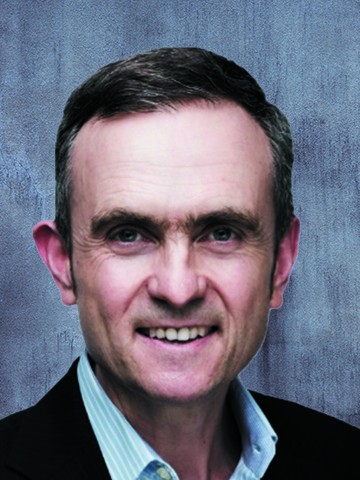
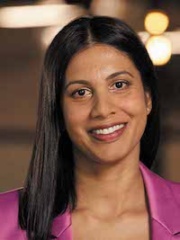 Mary Darke
Mary Darke

